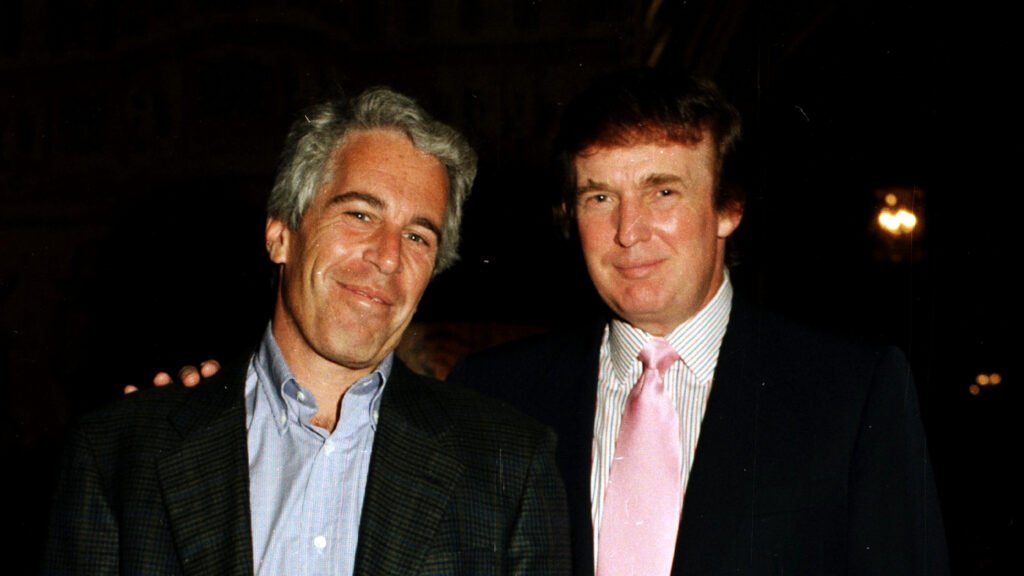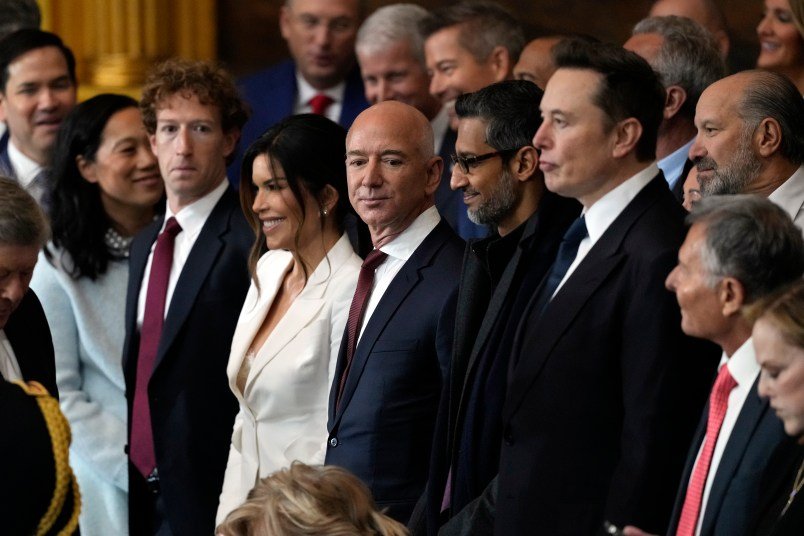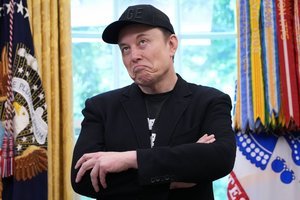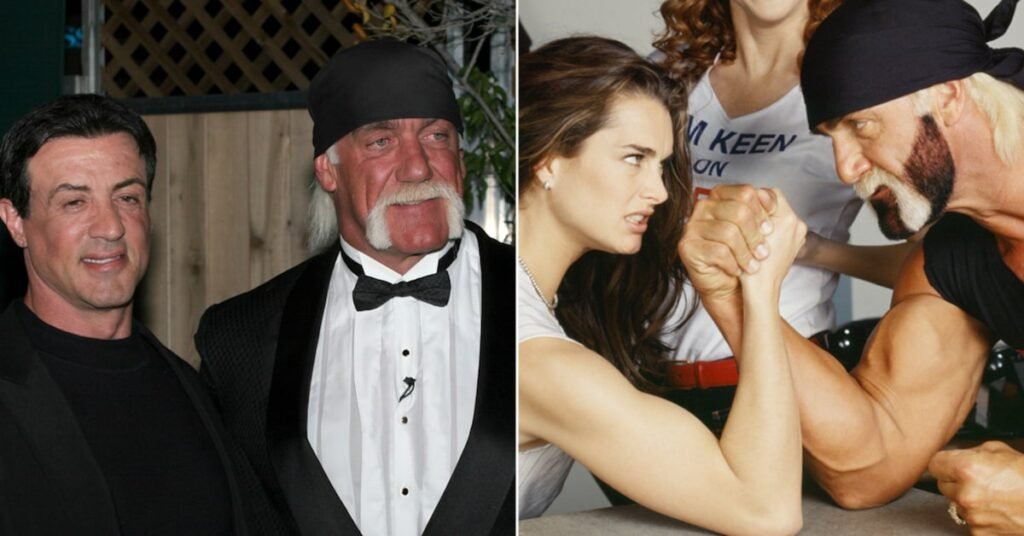Xi Jinping’s Empire of Tedium
自絕於人民
Trains: A Chinese Family History of Railway Journeys, Exile, and Survival is an autobiographical work by Jianying Zha 查建英, a New York-based writer whose work has previously featured in China Heritage. Below, we reproduce a section from the conclusion to Jianying’s five-part memoir.
Jianying Zha’s Trains:
Jianying Zha in China Heritage:
The Chinese rubric of this appendix to Xi Jinping’s Empire of Tedium is 自絕於人民 zì jué yú rénmín — ‘to cut oneself off from The People’ — an expression that, during the Maoist heyday, was code for ‘so-and-so committed suicide’.
— Geremie R. Barmé
Editor, China Heritage
24 July 2025

***
Trains: A Chinese Family History of Railway Journeys, Exile, and Survival
Jianying Zha
(An excerpt from Part V)
… I mentioned none of this to Aunt Dongsheng. Why should I? I’d never swap places with her regardless. America handled the pandemic poorly; the death toll was appalling and unacceptable. But I’d never swap New York City for Wuhan, or Shanghai, or Beijing. No way. China’s top-down, draconian, zero-tolerance, control-freak handling of the pandemic could work only in China. Because the vast majority of China’s population will put safety and health above individual rights and liberty. Way, way above. It’s not just the government. It’s not just the political system. It’s the people.
Two expressions are a constant refrain in a Chinese household with a child: ting hua (听话, “follow instructions”) and guai (乖, “docile, well-behaved”). Both can be translated as “obedient” or “submissive,” but the Chinese phrasing has an attractive, cooing flavor. It sounds gentle, sweet, almost cute. Ting hua. Guai. Kids are continuously urged, chided, praised with these songs of obedience. This prepares them for a Chinese-style public education. At school, the language will change, but the message will stay constant, until it’s fully absorbed, internalized. Over time, young adults will find it natural to obey authority figures: Follow the instructions of a parent becomes follow the instructions of a teacher, a coach, the Communist Youth League, a company boss, a government official, a Party leader. Is this a Communist thing? Yes, but it is also a Confucian thing. This attitude to authority is at the core of Chinese education and Chinese identity.
The vast majority of the Chinese thus socialized are patriotic. Their aiguo is quite genuine and natural. They know the system. They know how to navigate its rules. This is where they fit in. They feel more comfortable in China than anywhere else on earth.
So, during a pandemic, would such a people allow the government to dictate strict rules? Would they be obedient? Well, imagine a meek child who suddenly finds himself in a spooky jungle, with invisible monsters lurking behind every tree, and his strong father tells him: Ting hua. Guai. Follow me. What do you think he’ll do?
In a huge country like China, there are always grumblers, but most of them grumble only in private. Stiff-necked resisters and defiant public protesters are endangered species, a tiny minority completely at the mercy of a massive police force. That’s why the “White Paper Movement”—the anti-zero-COVID protests that erupted in December 2022 in various cities—lasted merely a weekend. That’s why the Aleksei Navalnys of China, as The New York Times’ Li Yuan wrote in February 2024, remain hidden from public view. Worse than in Putin’s Russia, Chinese opposition heroes and martyrs are doomed to obscurity in their own homeland. So long as the leader and the authorities stick to their guns and don’t let the people actually starve, the majority of Chinese won’t rebel. People will put their heads down and collaborate with the government so long as they are safe and alive.
To Live—Zhang Yimou’s celebrated 1994 movie—depicts how three generations of an ordinary Chinese family endure civil war, revolution, mad political campaigns, famine. To live: can anyone argue with that primal urge? The right to live is a human right, a universal value. Americans are no lesser lovers of life, which is made clear in the nation’s founding documents. “Life, liberty, and the pursuit of happiness.” But “liberty” follows “life” so closely you get a sense of its visceral importance. Land of the free, home of the brave; don’t tread on me. If every nation has its style of brainwashing, this is America’s. It’s how an American kid is raised. It permeates the culture. Unlike in China, law is not just handed down by the government; the public, the courts, jurors, NGOs, the media, each has its role to play, each is an independent force to be reckoned with. Civil liberties and legal rights, these are serious, attention-grabbing issues that are a big deal, with or without the pandemic. And it’s not so farfetched to argue that this spirit could be traced all the way back to the time of the Greek polis and the Roman republics.
There are no comparable Chinese aphorisms on liberty, freedom, or the rule of law. As Sun Yat-sen put it, “Foreign countries have waged wars of religion and fought for freedom; in China for thousands of years there has been a perpetual battle over one sole question: who becomes emperor.” In commonplace phrases like ting hua and guai, one hears a clear echo of classic Confucian axioms such as “Restrain yourself, comply with appropriate social norms”; or “Filial piety is the first of all goods.” Top, middle, and bottom: each to their own place.
Then there is the famous line that all Chinese would recognize: hao si bu ru lai huo zhe (好死不如赖活着)—“A bad life is better than a good death.” This ancient saying might as well be a national motto.
For most Chinese, life hasn’t been bad at all in the past decades of rising prosperity. Many would proclaim that the present time offers the best life Chinese people have had for several hundred years. Even today, with the economy slowing and stagnation a looming prospect, the characteristic response of overworked or unemployed Chinese youths is to “lie flat” (tang ping), not “rise up.”
Maintaining stability (wei wen) is therefore not just a Party priority, it has also been a key value for many ordinary Chinese. In a crisis like a pandemic, physical vulnerability and isolation made people even more fearful of disorder or of being on the wrong side of the majority. For the majority, strength lies in self-control, discipline, and unity.
This is especially true for a survivor like Aunt Dongsheng. I know she would not trade places with me. After Wuhan reopened, she celebrated her city’s return to “normal.” Her joy was genuine: restaurant banquets, social gatherings, walking her dog in the parks—the good life was back, and whatever hardship the people had endured was worth it.
Her reaction reminded me of a confession she had made to me in the summer of 2019. Aunt Dongsheng and Uncle Guan had watched the mainland media coverage of the Hong Kong protest movement, which focused heavily on “violent rioters and overseas anti-China hostile forces.” One of the scenes showed the People’s Republic of China national emblem on a government building being smeared with black ink, another showed some protestors blocking off metro stations—as a result some people couldn’t take trains to work for a couple of days.
We and our old friends in Wuhan, Aunt Dongsheng said to me on the phone, we were watching and talking about the chaos in Hong Kong. “All of us, the technicians and engineers, all educated people, we now look back on what happened in 1989 and feel that Deng Xiaoping made the correct call to clamp down on Tiananmen Square. Back then, your Uncle and I were sympathetic to the students, but now we realized if Old Deng hadn’t decided to take control, China would be a mess today, just like Hong Kong. Our country would have missed the opportunity to develop so fast and so well. We wouldn’t have prosperity. We wouldn’t have the good life we are enjoying now.”
Her words shook me profoundly. Not because they were unique or special, but because they were extremely familiar and commonplace. And because Aunt Dongsheng was not just saying that a good life is better than a good death under the tanks. She was also suggesting that a good life comes at the cost of a good death under the tanks.
Such sentiments, I have learned for quite some time now, are shared by hundreds of millions of ordinary Chinese. It is a majority view. But this was my own aunt. My dear Aunt Dongsheng, whom I have loved and admired; who had suffered and endured so much; who has worked hard all her life; and who is a very, very nice woman.
Is it possible that the Hong Kong “rioters” and the Tiananmen “rebels” had somehow evoked in her mind the Red Guards’ fierce old shadows? What muddled paranoia that would be, to confuse largely peaceful protests for democratic rights with the barbarous trampling of basic human decency.
My old image of Aunt Dongsheng is ruined. Seeing her in a new light hasn’t been so easy for me.
I have come to admit what appears to be a simple, undeniable truth: Aunt Dongsheng is one of the people. The people of my homeland. And why should I be so shocked and surprised? She has probably always been one of the people; it is me, a Chinese native with an odd mindset, a pesky personality, who has been alienated, who has embraced “foreign” values, and made a choice to be an immigrant. Yet I have continued to harbor certain fantasies about the people of my homeland, even though I am no longer one of them.
I am no longer one of the people.
I should have known better. I should know the distinction between an individual and a people. A people is the main subject in a narrative of the nation-state. The “Chinese people” think in terms of the collective; they don’t think an individual (or some individuals) should ever really stand up before a nation to claim their own rights and liberty. The “Chinese people” will always stand with the Chinese nation. They are the nation. Noting how deeply secular Chinese culture is, the great sinologist Simon Leys once observed to his students, as recounted to me by Australian sinologist Geremie Barmé: “The only religion the Chinese believe in is China.”
I, too, love China, but it’s a China of my own definition. I have fantasized about “alien skies” and “faraway cities” since my train-hopping childhood. Moved by the vast expanse of “alien skies” and “faraway cities,” I have grown rather impatient with the endless Chinese patience for despotic rule. I have chosen not to “remain with my people.” Indeed, I have chosen to get off the great train, to leave the tracks far, far behind. To run! Run for my life! This is desertion, maybe some would call it cowardice, even betrayal. But the way I see it, I’m not running to save my skin so much as to save my soul.
An oft-cited but probably apocryphal Dostoevsky quote goes, “There is only one thing that I dread: not to be worthy of my sufferings.” As I read The Future Is History, M. Gessen’s brilliant, chilling 2017 account of how totalitarianism reclaimed Russia, Dostoevsky’s words haunted me even more than in the past. Of course this is a highly individualistic idea that would make sense only to another individual, and to a community made up by such individuals. Whereas a people, I have come to realize through many years of close encounters with so many from my homeland, are not likely to be preoccupied with such idiosyncratic, self-tormenting thoughts. They are far more likely to be concerned with the more immediate, practical, and cheerful things in life, such as bread, circuses, and trains.
In the 1990s, when China was still a very poor country, I often heard people taunting those who advocated for democracy with this line: “Democracy? Have you had enough to eat?” (民主? 你吃饱饭了吗?, minzhu? ni chibao fan le ma?) These days, the line has been slightly revised, though with the same mocking tone. “Democracy? Have you eaten too much?” (民主? 你吃饱了撑的吧?, minzhu? ni chibao le cheng de ba?) Either way, you can’t win against a philosophy of life that centers obsessively on the necessity and the pleasure of filling the stomach. Chinese history is littered with the white bones of countless famines, the latest of which happened within living memory: over 30 million people starved to death during the Great Famine of 1960-1962, the biggest man-made disaster of the Mao era. So can you blame the Chinese obsession with food? Burrowed deep in the Chinese psyche, it is what I call “the famine gene.”
And trains. Yes, like Mussolini’s Italians, my homeland’s people also like the trains to run on time.
But I am heeding a distant call, a call stifled a full century ago. It is only a hint of a voice, as tremulous and frail as a half-suppressed sob in a dream. Yet I can hear it distinctly, as though hearing a song rising from the depth of my own soul. It is the voice of my grandfather, beckoning me to get on with my journey on foot.
***
Source:






